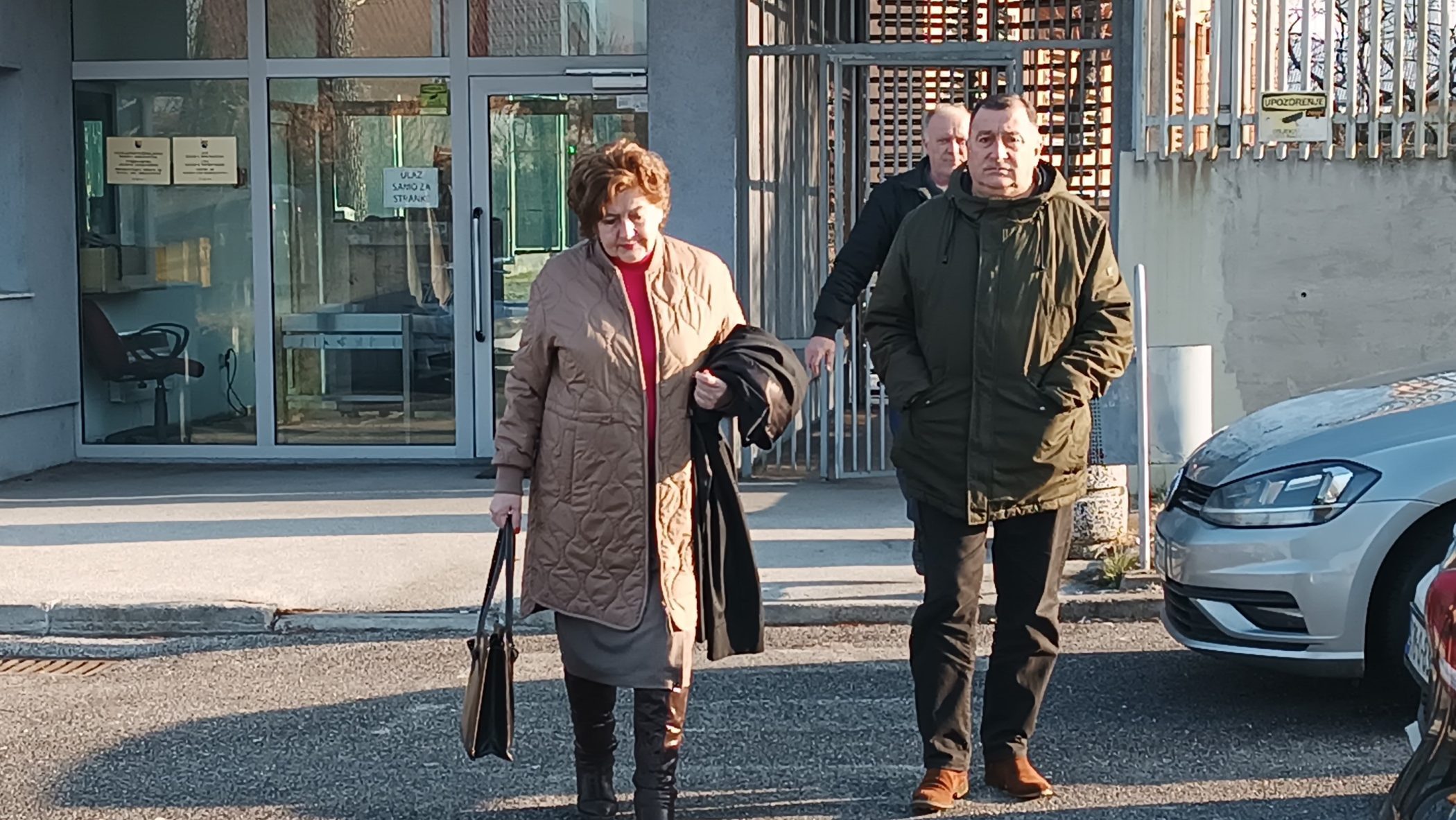This post is also available in: Bosnian
At the beginning of the trial of Bosnian Serb indictee Radisav “Pjano”Ljubinac, the prosecution announced its intention to prove that he is guilty of crimes against humanity committed in Rogatica in 1992.
“We will prove that the indictee knew of the attack and that his actions are part of that attack,” prosecutor Mirsad Strika said in his opening statement.
However, the defence denied these statements and claimed that the indictee is in fact a victim of unfortunate circumstances.
Accordingto the indictment, Ljubinac participated in the attack and expulsion of townspeople from the village of Seljani, some of who have disappeared without trace. The indictment reads that on June 3, 1992 in Seljani, Ljubinac participated in the detention of civilians, separation of women and children from men, and the taking of 15 civilians who were later killed. The bodies were found in amass grave in Dizdareva njiva, close to Ljubinac’s house.
In the indictment Ljubinac is also charged with taking money and valuables from the inmates of a detention camp set up in the high school centre Veljko Vlahovic in Rogatica. He is also accused of torturing detainees in a camp on the agricultural area of Rasadnik in Rogatica.
The prosecution is also of the opinion that on August 15, 1992, the indictee took 27 detainees to the Jacen hill, where they were first used as a human shield, and then executed. These events have already been confirmed during the trial of Dragoje Paunovic, who was sentenced to 20 years imprisonment for executing these civilians.
The prosecution will try to prove that Ljubinac had a “significant role”in the attacks on civilians and facilities on the territory of municipality Rogatica, and that there was a staff of the former Srpska Republika located in the indictee’s house.
A total of 22 prosecution witnesses will be called during the procedure.
Defence attorney Senadin Bektasevic said that he intends to offer evidence to disprove the prosecution’s statements that Ljubinac consciously participated in the attack, and argued that his client did not commit all the acts with which he is charged.
“My defendant’s nickname Pjano (Alcoholic) is not without reason,” Bektasevic said. “He was a marginal persona and a tragic participant in the past war.”
According to the defence’s statements, Ljubinac committed acts that he did not know were part of an organised attack.
“If the criminal act took place, and it did; if the expulsion took place, and it did; if ethnic cleansing took place, and it did – the indictee did not participate,” the defense concluded.
It was announced that a court-appointed medical expert would examine Ljubinac, who has survived a heart attack, in order to determine whether he is physically capable of standing trial. The defense also asked for a further court-appointed medical expert to testify on a 1983 doctor’s report about the indictee receiving treatment for alcoholism.
The next hearing is scheduled for September 8, when the first two witnesses will appear.

